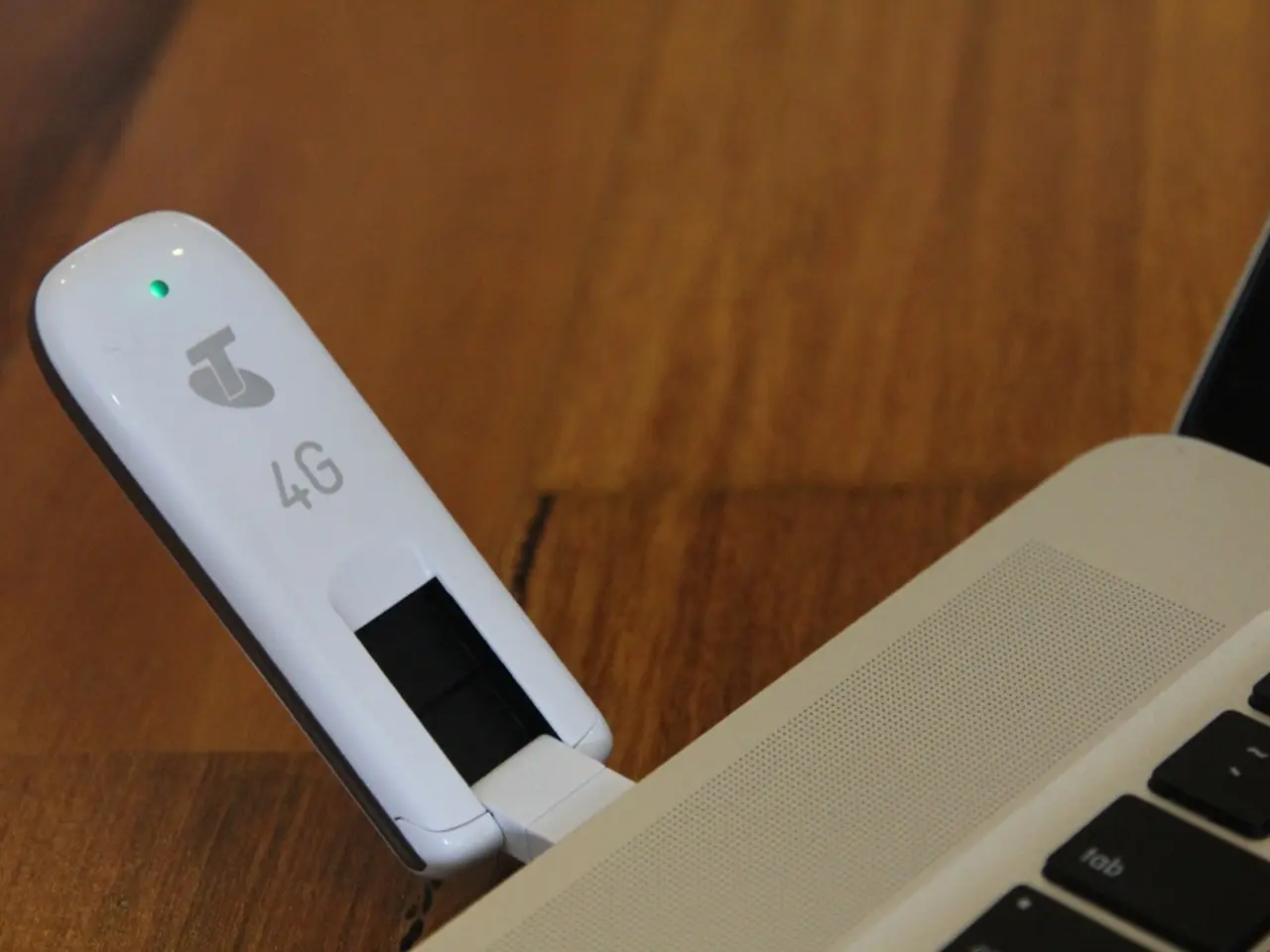China's Aggressive Move: Unwanted Nvidia Chips
In the rapidly evolving world of technology, Nvidia finds itself in a challenging position in China. The Chinese government has advised companies against purchasing Nvidia's H20 chip, specifically developed for the Chinese market, due to concerns about its compromised capabilities and the geopolitical context.
The H20 chip, designed to deliver AI capabilities, falls short of Nvidia's H100 chip's performance by a significant margin, with much functionality removed under U.S. export controls to prevent Chinese AI developers from surpassing U.S. firms. This has led to skepticism within China about relying on a product that is strategically disadvantageous.
The advisory reflects broader geopolitical and trade tensions. Initially, the U.S. government under the Trump administration blocked sales of the H20 chip to China to safeguard national and economic security. However, it later agreed to allow limited sales as part of trade negotiations. Yet, the U.S. government's licensing process remains uncertain and restrictive, limiting the scale of sales.
This situation presents several potential implications for Nvidia and other foreign tech companies in China. Firstly, Nvidia faces constraints on how many H20 chips it can sell in China due to U.S. export regulations and Chinese governmental wariness, reducing potential revenue and growth in one of the world's largest AI markets.
Secondly, the restrictions or limitations on advanced U.S. chips like the H20 incentivize China to accelerate its investment in homegrown AI chip development and innovation, potentially diminishing Nvidia's long-term market share and influence there. Companies like Huawei are expected to increase their efforts in AI chip tech in response to these restrictions.
Thirdly, Nvidia's situation illustrates the broader challenges that U.S. tech firms face operating in China under shifting export controls and geopolitical tensions. Similar foreign companies may experience difficulties balancing compliance with U.S. regulations and maintaining access to the Chinese market.
Lastly, U.S. export restrictions aim to protect technological advantages but also risk encouraging China’s self-sufficiency and may push global customers toward alternative suppliers with fewer barriers, complicating U.S. firms' competitive position internationally.
In addition to these challenges, the H20 processor is unwanted, especially for state-owned enterprises and companies operating in security-sensitive areas in China. The lack of the H20 chip could triple to six times the costs of AI applications in China. Chinese authorities have contacted various companies, expressing concerns about potential security vulnerabilities in American hardware. Letters to companies ask directly whether there have been security problems with Nvidia hardware.
Beijing seems to be drawing a clear red line regarding the use of Nvidia's H20 processors, with fears of spy functions like location tracking or the possibility of remote shutdown with American hardware. Accusations that Nvidia vehemently denies. China doesn't want to lag behind in the AI race, so the warning from Beijing is likely to fade over time. However, this promotion of domestic champions is an admission of China's technological inferiority in AI.
Nvidia's stock is traded under the WKN: 918422. As the situation unfolds, it remains to be seen how Nvidia will navigate these challenges and maintain its presence in the Chinese market.
Read also:
- Tesla is reportedly staying away from the solid-state battery trend, as suggested by indications from CATL and Panasonic.
- Tech giant Apple debuts sports app integrating betting odds provided by DraftKings
- California links 100,000 home storage batteries through its Virtual Power Plant program.
- Fortnite supporters experience uncertainty as Epic Games criticizes the CMA for postponing the iOS release in the UK




